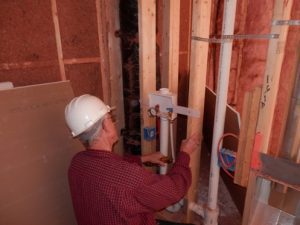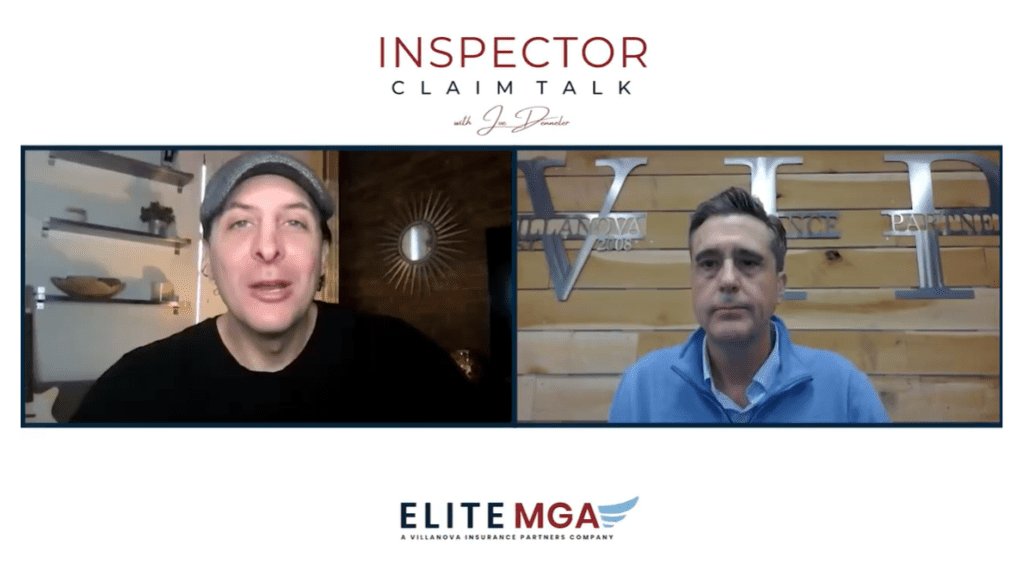As a home inspector, you fully understand the importance of your services to a home owner that is looking to buy or sell their home. One of the key roles of a skilled and certified home inspector is to be capable of conveying that importance to home buyers in terms that they can understand.
While home buyers are typically aware that an inspection is part of the process of purchasing a home, questions often arise around what to expect and what exactly inspectors look for during a home inspection. As a home inspector, it’s critical to communicate with the homeowners by answering any questions, walking them through the process, explaining your role and duties and ultimately how it will protect them in their purchase.
What Home Buyers Should Expect from a Home Inspection
Home inspectors help home buyers make informed decisions about investing in a new home by assessing major defects, safety concerns, and any other unseen potential threats that come up during a home inspection. After a thorough home inspection, homebuyers can make a much more informed decision about moving forward with purchasing a home.
The general inspection that targets the exterior and interior structures along with its components and systems is crucial in pinpointing problems that can be costly to the homeowner. Of course, your role should go beyond this to one of offering suggestions on how best to deal with the problem and ideas on possible costs of remediation so that they can make an informed decision about how to proceed.
A skilled home inspector offers a number of important types of specific inspections that go beyond the general inspection. These can also be just as crucial to the homeowner or buyer in buying and negotiation decisions. For instance, it’s important to convey to them how a termite/wood destroying organism inspection can reveal signs of structural damage caused by wood boring insects. This can be a common problem that can adversely affect the integrity and worth of the home.
Radon testing can reveal the presence of this harmful gas, which may be costly to eradicate or seal off the source. The same can be said for the importance of homes with well water, oil tanks and septic tank systems.
Helping a homeowner understand the potential costs of these problems gives the potential buyer more control before the negotiation stage of buying the home. The challenges may or may not be so costly to the homeowner that it dissuades them from buying the home altogether. Once they are armed with the information and have gotten some professional advice from reputable professionals that specialize in repair or remediation of the home’s challenges, the buyer can be armed with greater negotiating leverage. This information can provide the potential for negotiating price reductions or be the basis for terms on how the seller will pay and perform the repairs before closing.
Do New Homes Need a Home Inspection?
A skilled and certified home inspector also plays a crucial role for buyers that are having a home built. Helping the homeowner understand that municipal home inspections are checking for building code compliance only is a crucial aspect for people building a home. There are far more problems that can happen during the home building process that can be overlooked by the builder and the municipal inspector. While these are often defects, they can lead to bigger problems down the road if not detected before the walls are sealed up.
By bringing in a home inspector during the construction process these challenges can be identified and repaired by the builder who is in the best position to deal with the construction trades. Since the homebuyer is likely to sell it one day, this inspection heads off any problems that are rooted in the construction phase at a time when the builder and the trades can be held responsible.
Why are Home Inspections Important?
A skilled home inspector is the only professional that can offer the tangible peace of mind to home buyers when they need it most—before they sign on the dotted line. Making it clear that you are there to protect their interest and help them make informed decisions makes the small cost of a thorough home inspection even smaller when compared to alternatives surrounding the exorbitant costs of the unknown.





